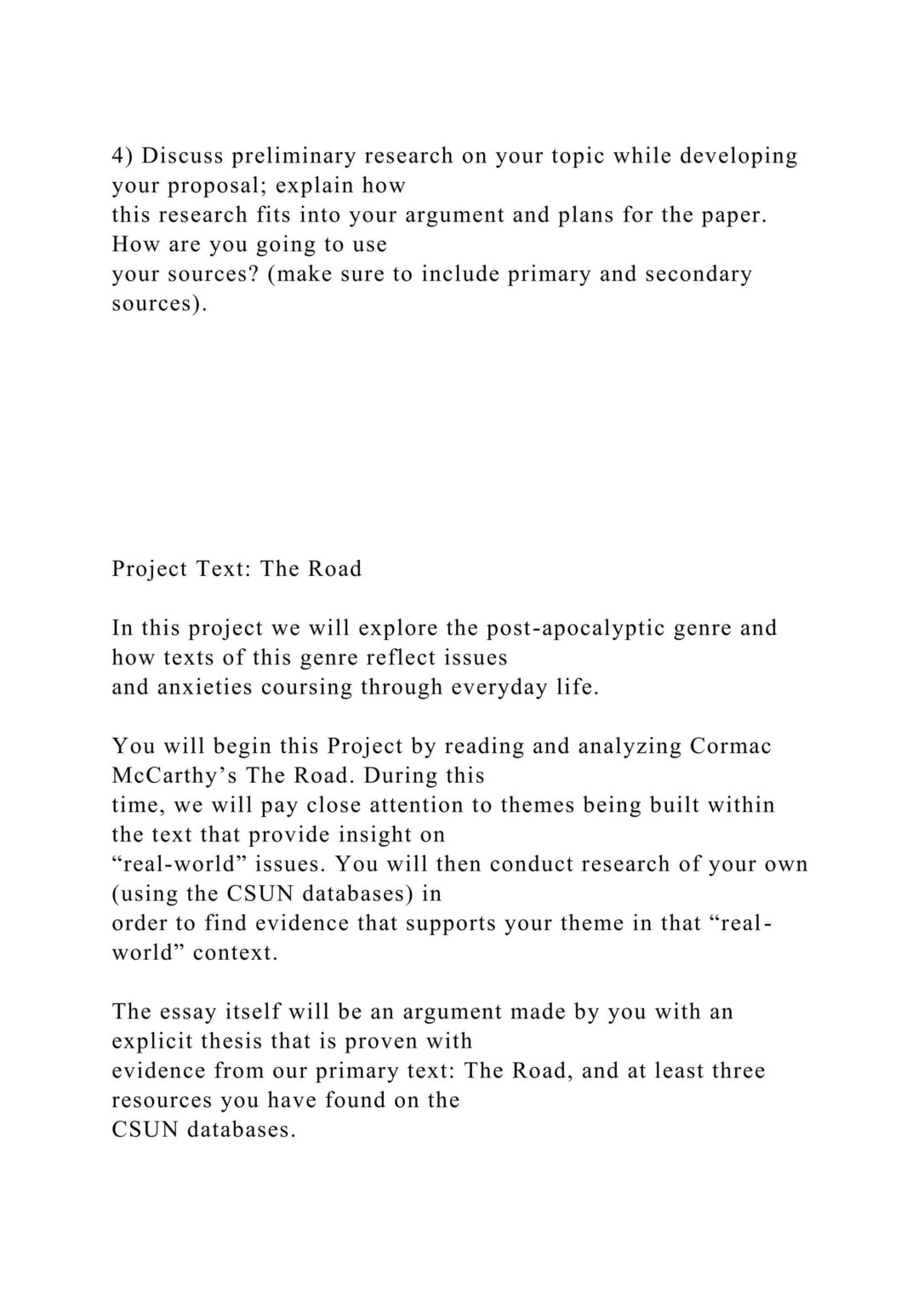Mauritius Leads the Charge in Empowering Women Entrepreneurs Through AfCFTA Workshop
Mauritius recently took a pivotal role in advancing women’s entrepreneurship and promoting inclusive trade by hosting a comprehensive workshop focused on the African Continental Free Trade Area (AfCFTA). This event, organized in partnership with the United Nations Economic Commission for Africa (UNECA), was designed to equip women entrepreneurs with essential skills and insights needed to thrive within Africa’s rapidly integrating market. As the continent moves toward deeper economic unity, prioritizing women’s participation highlights a dedication to equitable growth and leveraging diverse perspectives within Africa’s trade ecosystem. Attendees-including policymakers, business innovators, and emerging female entrepreneurs-convened to explore strategies that not only bolster women-led enterprises but also stimulate broader economic progress across African nations.
Mauritius Pioneers Women Entrepreneurship Advancement via AfCFTA
The recent AfCFTA-focused workshop held in Mauritius has sparked momentum toward transforming the landscape for female entrepreneurs throughout Africa. Bringing together influential businesswomen, government officials, and key stakeholders, this gathering emphasized critical areas such as skill development, financial inclusion, and digital innovation adoption. The discussions underscored creating an enabling environment where women can confidently expand their businesses across borders.
Participants engaged actively in formulating practical initiatives aimed at empowering women economically while driving national growth. Noteworthy proposals included:
- Mentorship schemes connecting novice female entrepreneurs with seasoned industry veterans.
- Specialized training sessions focusing on understanding trade policies and effective market penetration techniques.
- Regional networking hubs designed to encourage collaboration among women-led ventures spanning multiple countries.
The collaboration between Mauritius’ government, African Union bodies, and private sector partners seeks to dismantle systemic obstacles limiting women’s full participation in commerce. This commitment signals a transformative shift towards redefining women’s roles within both regional markets and global supply chains.
UNECA Perspectives on Inclusive Trade Strategies for Women Entrepreneurs
The United Nations Economic Commission for Africa (UNECA) has highlighted inclusive trade frameworks as vital tools for empowering female entrepreneurs continent-wide. During the Mauritius workshop, UNECA experts stressed how leveraging AfCFTA’s potential can foster fairer trading conditions that uplift women’s economic status while contributing significantly to sustainable development goals. According to recent data from UNECA reports (2024), enhancing women’s access to markets could increase GDP contributions by up to 15% across participating countries over the next decade.
The workshop yielded several strategic recommendations:
- Expanding financial services tailored specifically for businesses owned by women.
- Implementing export readiness programs that prepare female-led companies for international competition.
- Cultivating mentorship networks linking emerging entrepreneurs with experienced professionals across sectors.
A crucial insight from UNECA emphasized addressing entrenched cultural norms that often restrict women’s engagement in commerce. By challenging these social barriers through policy reforms and awareness campaigns, African nations can unlock greater economic integration benefits. A roundtable session showcased successful case studies illustrating how gender-responsive policies have positively influenced national economies-examples include Rwanda’s gender-inclusive SME financing model which boosted local employment rates by 20% since 2021.
| Main Focus Areas | Tangible Outcomes Observed |
|---|---|
| Diversifying Market Access Channels | Eased entry into international markets increased visibility of woman-owned enterprises globally. |
| Enhancing Entrepreneurial Skills | Sustained capacity building improved operational efficiency leading to long-term business viability. |
| Lobbying & Policy Development | Create stronger legal frameworks supporting innovation driven by female leaders within industries. |
Strategies To Expand Opportunities For Women Entrepreneurs Across Africa
A holistic approach is essential when aiming to amplify opportunities available for African women entrepreneurs-one that tackles structural challenges while fostering equal resource distribution. Customized capacity-building initiatives must address sector-specific hurdles faced uniquely by females-from agribusinesses facing climate risks to tech startups navigating digital divides-to ensure they receive targeted support including mentorship tailored towards overcoming these obstacles.
This requires robust partnerships involving governments collaborating closely with private enterprises as well as civil society organizations dedicated towards nurturing entrepreneurial ecosystems centered around inclusivity.
An important pillar remains improving access finance through innovative mechanisms such as gender-lens investing funds or microcredit schemes designed explicitly around women’s needs.
Additionally,policy reforms should streamline administrative processes disproportionately affecting female-owned firms;a move which would reduce red tape barriers hindering their growth potential.
African governments are encouraged leverage platforms like AfCFTA further promote trade regulations favoring equitable treatment of woman-led businesses ensuring competitive parity regionally.
The table below outlines priority focus areas alongside recommended interventions:
| Catalyst Areas For Change | Sought After Actions To Implement |
|---|---|

